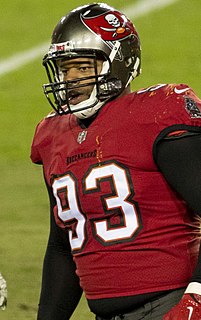A Quote by Mohnish Pabrai
A subset of CEOs is that of entrepreneurs. And the classical definition of an entrepreneur is an individual who pursues opportunity without regard to the resources currently controlled. That sounds like a very different person than one might expect an analytical investment manager to be.
Related Quotes
One might think of investment managers as astronomers and CEOs as astronauts. The two roles are radically different with distinct personality traits. Like astronomers, investment managers tend to be introverted, skeptical, and very analytical. CEOs, like astronauts, are the exact opposite, typically being extroverts, optimists, and, well, leaders.
I have traveled to a lot of places, and you look at another young person who lives under very different circumstances than you but has the same dreams or the same interests or might be better at what I do than what I do. But I was born in a different place, and she was born in a different place. Just for that alone, you're kind of inherently given opportunity. That's something that I'm very grateful for, but I'm also very aware of.
I was never a nightclub manager or a hostess. I want to make that very clear. I was an executive at my club. I was a director of VIP operations, that's much different than a manager, that's much different than a waitress, it's different than, you know, a host - I was like an executive-level position
Entrepreneurs are all a little crazy. There is a fine line between an entrepreneur and a crazy person. Crazy people see and feel things that others don't. An entrepreneur's dream is often a kind of madness, and it is almost as isolating. What differentiates the entrepreneur from the crazy person is that the former gets other people to believe in his vision.
Rich dad went on to explain that the world was filled with different types of entrepreneurs. There are entrepreneurs who are big and small, rich and poor, honest and crooked, for-profit and not-for-profit, saint and sinner, small town and international, and successes and failures. He said, "The word entrepreneur is a big word and it means different things to different people."


































